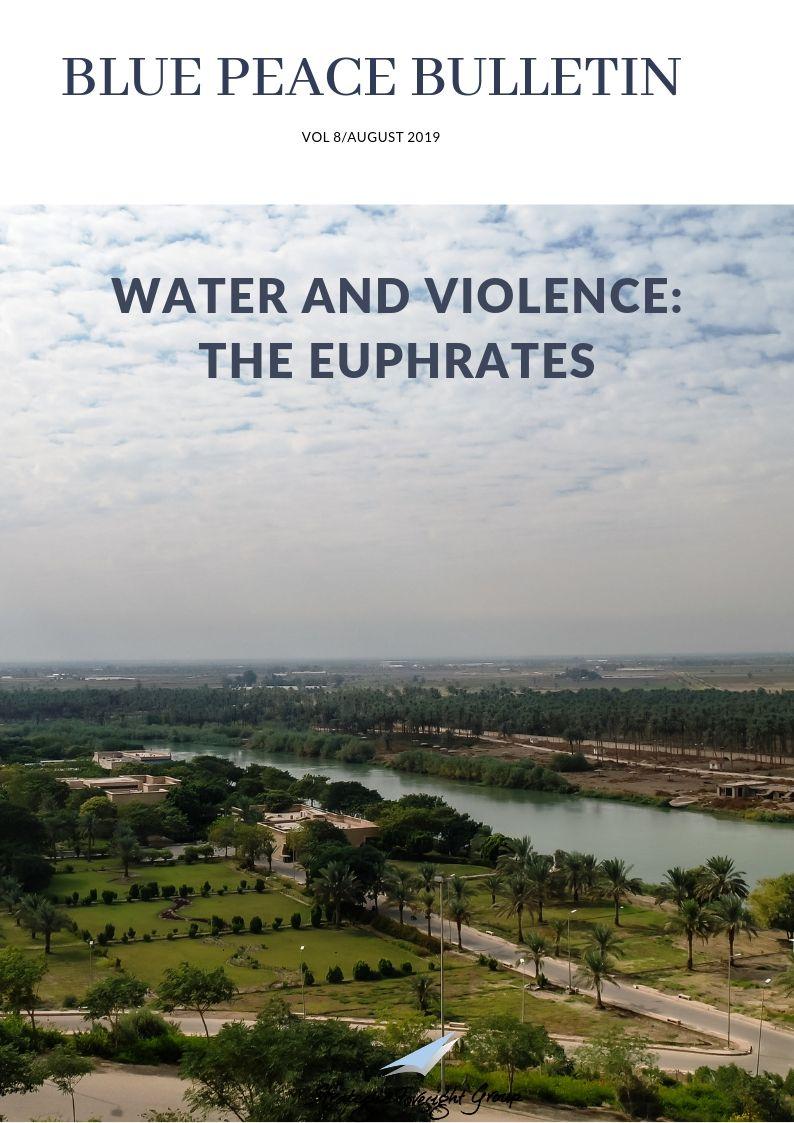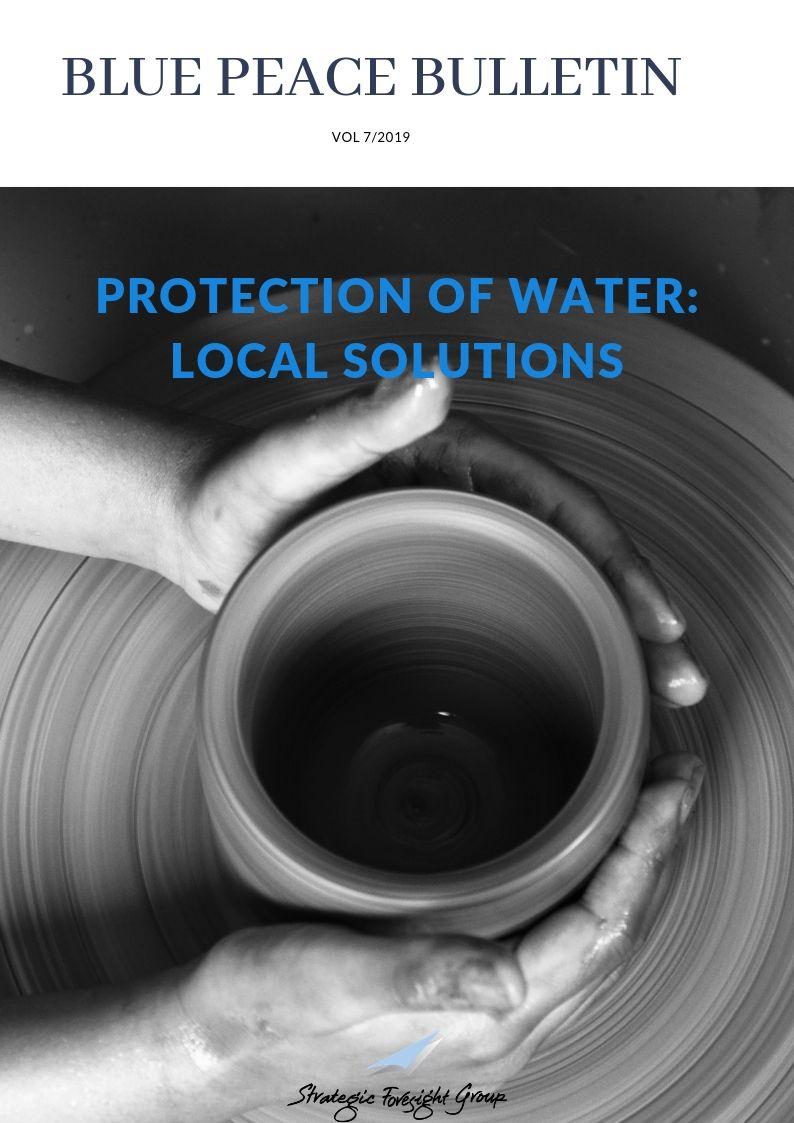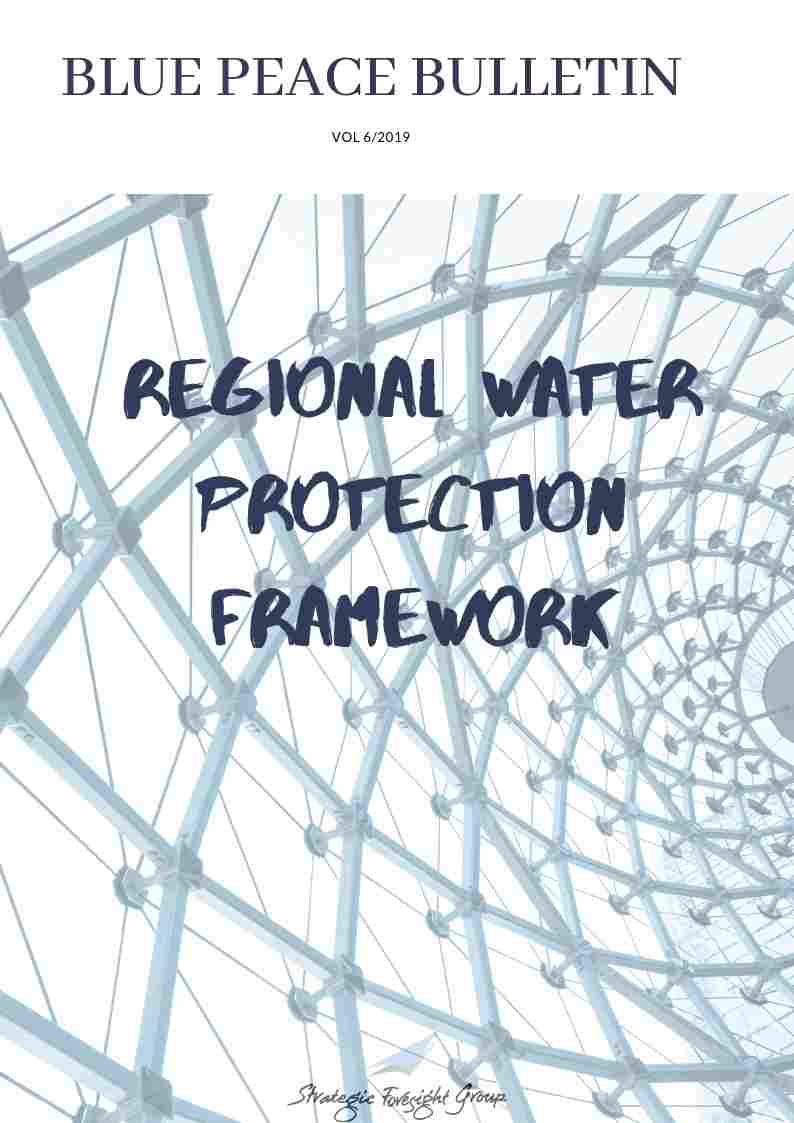Modernisation and integration
|
|
November 30, 2016
By Peter Balazs
|
The 21st Century will put to test the continuity of two great ideas of the last hundred years: modernisation and integration. The first was done mainly by totalitarian regimes whose expansionism led to three world wars, two ‘hot’ and one ‘cold’. Big conflicts were followed by regional and worldwide integration attempts of states which favoured and supported peace.
By the end of the 1990s, strong reverse tendencies occurred: anti-modernisation reactions, mainly in the post-Soviet and Islam area; and the decline of joint action in the United Nations Organisation and the European Union. Their combined consequences have made our world less safe, and unpredictable.
Our future security and welfare depend on finding new and efficient governance structures that overbridge the limited territory, power and identity of states and their frequently changing governing forces. Extended regional and worldwide networks should guide action in the fields of transport, energy supply, water management, migration, environment protection etc. The alternative is conflicts and wars between states and cultures.
This article is a part of 'Big Questions of Our Time - The World Speaks'. To download the full publication, click here
Related Publications
Related latest News
Related Conferences Reports
-

An Unprecedented Opportunity:Blue Peace in the Middle East
Download:Stockholm Workshop Report
-

Strategy Workshop on Blue Peace in the Middle East
Download:Strategy Workshop on Blue Peace in the Middle East





